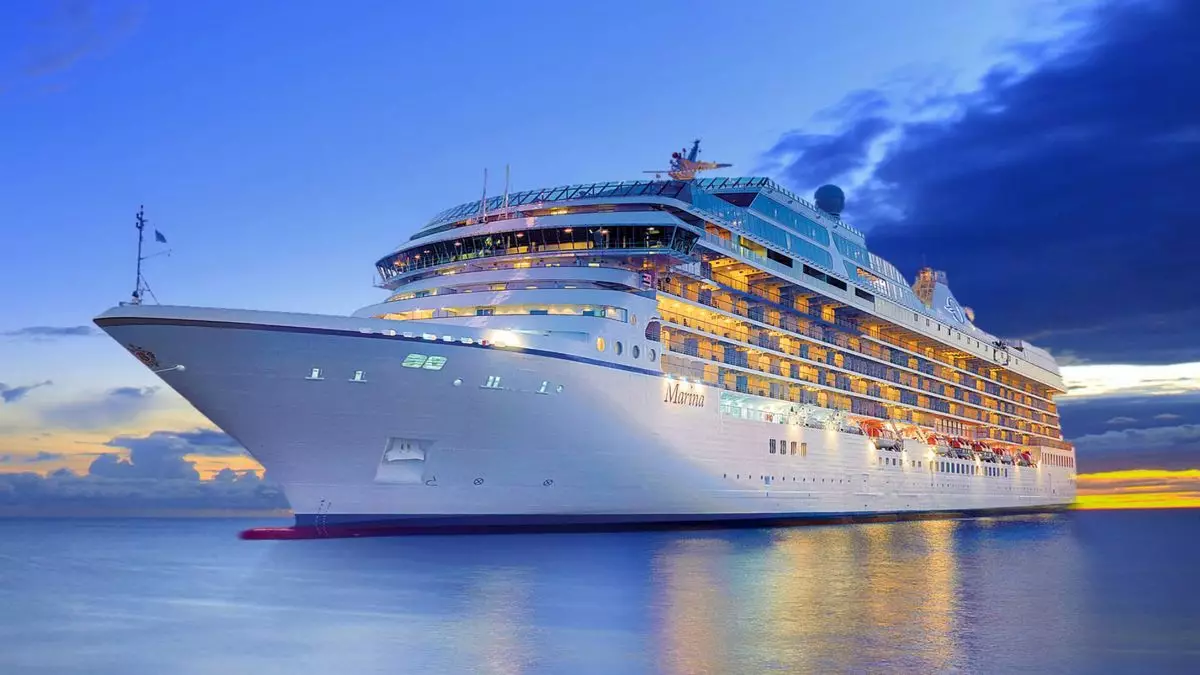The cruise industry is no stranger to constant changes and adaptations. In the ever-evolving world of cruise vacations, commission structures for travel agents play a vital role. Recently, Norwegian Cruise Line (NCL) made the decision to discontinue its commission program, while its sister brand, Oceania Cruises, will continue to offer commission payments. This decision has sparked discussions and raised questions about the competitive landscape of the cruise industry and the impact it may have on travel advisors.
While Norwegian Cruise Line ceases its commission program, Oceania Cruises stands firm in its commitment to travel agents. Oceania’s public relations leader, Tim Rubacky, confirmed that there are currently no plans to make changes to their commission program. Oceania quietly introduced a no noncommissionable fees (NCFs) pilot program for select high-producing agencies for six months, beginning in April and ending in September. The success of this program prompted its continuation, benefiting both Oceania and the participating agencies.
Norwegian Cruise Line’s decision to end its commission program was primarily driven by competitive considerations. Several upscale competitors, such as Viking and the newly introduced Explora Journeys, have never had NCFs. In contrast, NCL was the only contemporary cruise line to eliminate NCFs for qualifying agencies when it launched its program in early 2023. However, NCL’s senior vice president of sales, John Chernesky, revealed that the program did not yield sufficient business growth to justify its continuation. The funds previously allocated to the commission program will now be redirected towards other initiatives, including marketing.
The announcement of Norwegian Cruise Line’s commission program discontinuation was met with a mix of anticipation and disappointment from travel advisors. While some expressed not being surprised by the decision, others were disappointed to see it go. The commission program offered travel advisors a valuable source of income, and its absence will undoubtedly affect their business strategies. As the cruise industry becomes increasingly competitive, travel advisors must adapt to these changes and explore alternative revenue streams.
The dynamics of cruise commission structures are constantly shifting, reflecting the ever-changing landscape of the industry. Norwegian Cruise Line’s decision may pave the way for other contemporary cruise lines to evaluate and potentially alter their own commission programs. As competition intensifies, cruise brands will need to find innovative ways to attract and retain travel advisor partnerships while balancing their financial interests. This may involve exploring new business models, reevaluating pricing strategies, or introducing alternative incentives to maintain strong and mutually beneficial relationships.
The discontinuation of Norwegian Cruise Line’s commission program marks a significant development in the cruise industry’s commission landscape. While Oceania Cruises remains committed to its travel advisor commission program, the change raises questions about the future of commission structures for contemporary cruise lines. The decision underscores the constant need for adaptation and reinvention in an industry that thrives on innovation. Ultimately, travel advisors will need to navigate these changes, diversify their revenue sources, and continue to provide exceptional service to their clients in the dynamic world of cruise vacations.

